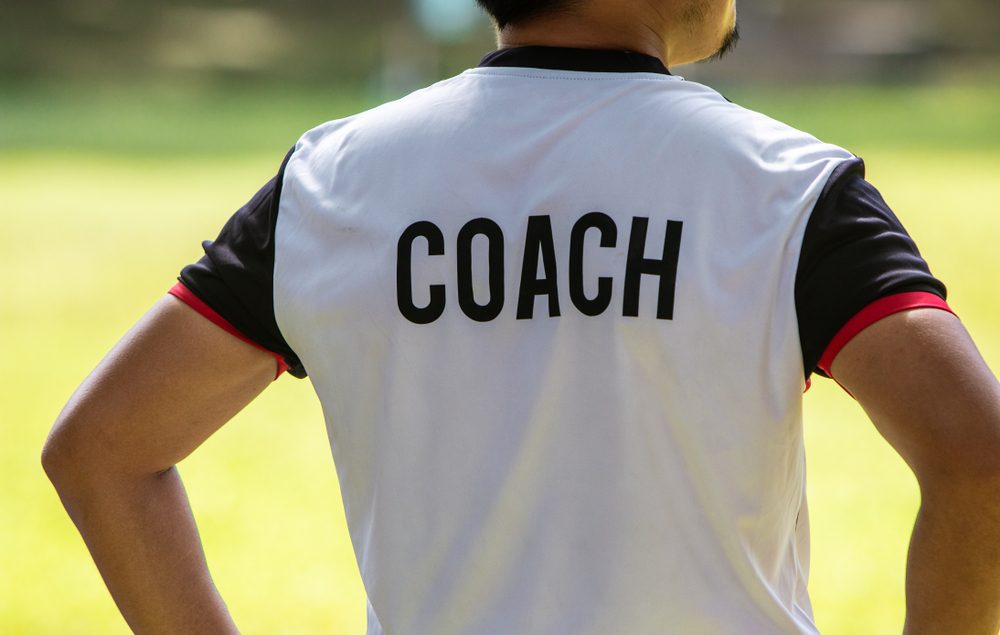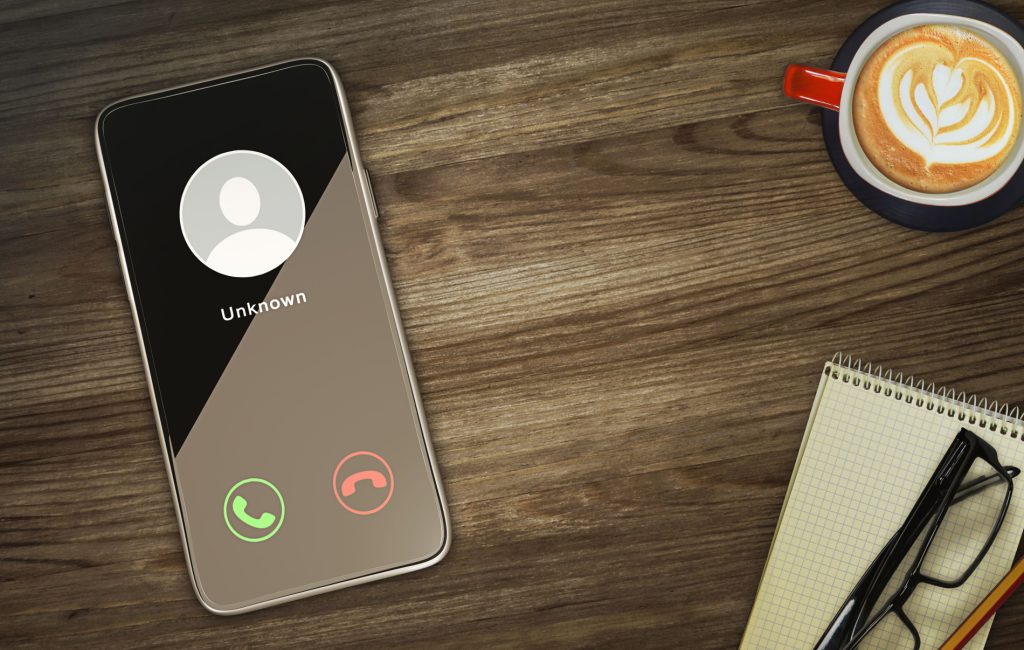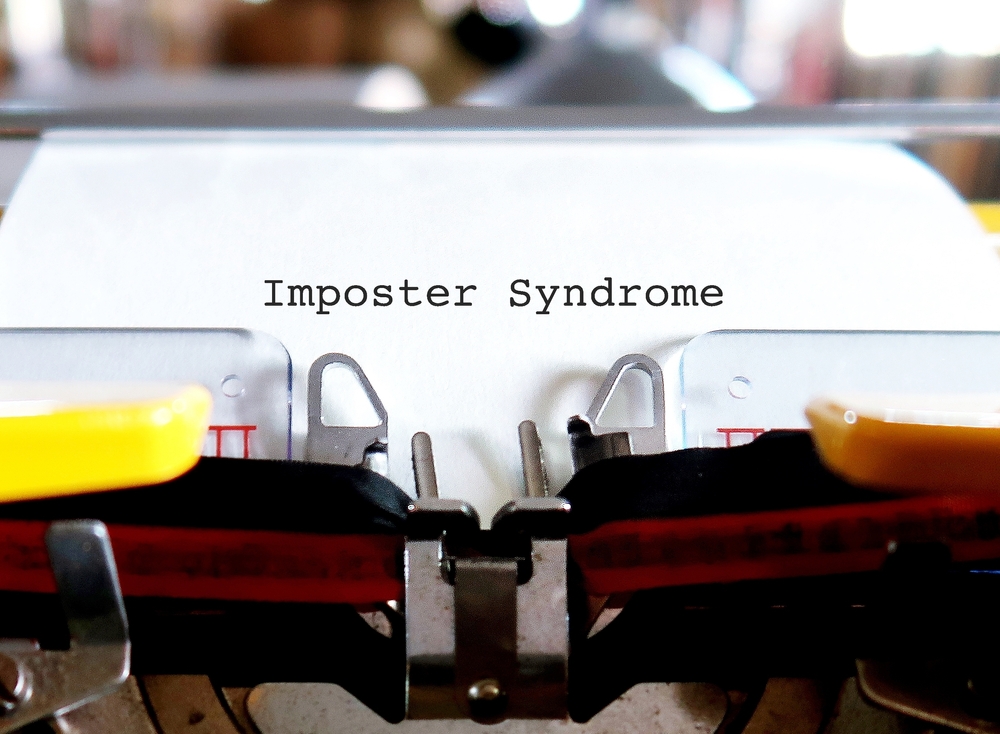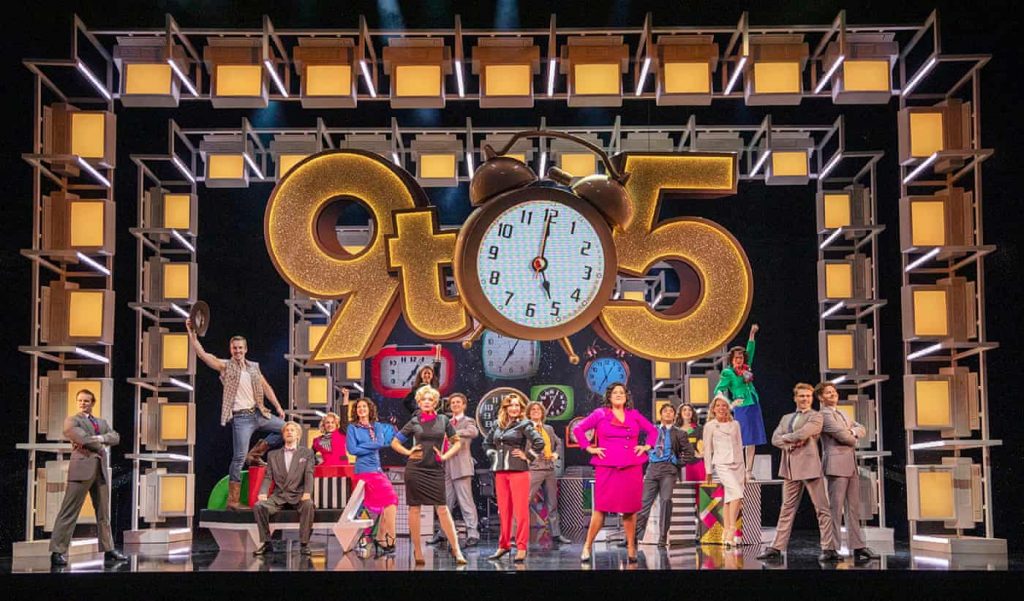Does ageism have an attitude problem?
About the great courage required to seek employment as an older person in the face of ageist hiring practices.
“I’m worried about looking for a job at my age.” she confessed.
I was having coffee with a candidate, a lady I had known from a distance, she had worked for a client that I had a long history with, and our paths had crossed on many occasions though we’d never formally met. I had watched her work from afar, always smiling, she could work a room without it looking anything like work and on the outside looking in she was one of those people who draws people in just by being their natural self.
After more than 25 years with the one employer, an impressive career, that withstood many changes and challenges but could not withstand the weight of a pandemic, we are sitting across from each other when she tells me she is worried about re-entering the employment market at ‘her age’.
This is not a new concern for candidates and it’s certainly not a new topic of conversation for me as a Recruiter. Frequently I am asked about ageism, my thoughts, my experiences, the behind the scenes stories, the reality of ageism in the workforce and the myths.
I told her I would be lying if I said that ageism isn’t a thing. By definition, ageism is a stereotyping and/or discrimination against an individual on the basis of their age. A 25 year old might well be considered too inexperienced for an internal promotion and a candidate in her 50’s might be overlooked for someone with more energy. These are not my views by the way, but stereotypical examples to highlight that ageism is not always bound by an actual number but instead by broad and sweeping generalisations that are often misguided and wildly inaccurate.
The Netflix comedy/drama series Younger, though fictional, is based on ageism in the workplace, and for many there’s nothing fictional about their experience. In Younger, the protagonist (Liza) devises a plan to pass herself off as a 26 year old, single girl in order to land a job back in publishing having struggled to re-enter the workforce as a 41 year old, divorced, mother of one. Against the backdrop of New York, it is fun, glossy, addictive, and speaks to millennials and Gen x’ers whilst also exploring the great generational divide within the workplace.
Liza: “Everyone is pretending to be younger. We dye our hair, we whiten our teeth, we wear moisturizing face masks that make us look like serial killers, and we squeeze our widening hips into Spanx because the most important thing to be in the whole goddamn world is 27. Should I have told the truth? Sure. But you know what? So should you. Millennial isn’t an age, it’s an attitude. And if you can’t sell that, we’ll go somewhere else.”
During coffee with my candidate we discussed her options. Admirably, this lady, despite a financial payout that afforded her the luxury of breathing space and time in the sun was adamant that she wanted to get working. Her level of experience, her skills and her attitude meant she was open to anything that would get her dressed and out of the house. A two week temp assignment on reception or an executive support role would both have been gratefully welcomed and eagerly accepted. But as an executive level candidate within a niche industry she not only had to overcome the potential ageism but also the inability for recruiters to see beyond what was on paper and look to her transferable skills.
Instead of asking “Why would an Event Management Executive sit on Reception for two weeks?” We should consider “Why not?“ Her enthusiasm and zest for whatever was ahead of her was what made her shine.
I recognise that I can write about ageism in the workplace from a somewhat privileged position because I am an employer and not a job seeker, and likely to never be a job seeker. But last month I turned 50 and I wrote a bit about this on my personal blog. “The universal narrative is that women over 50 feel invisible, no longer attracting the kind of attention that is unwanted anyway but still wanting to be seen and noticed. A member of Gen X which is like the middle child and the Jan Brady of generations. The forgotten demographic stuck somewhere in the middle of the wise and dependable baby boomer and the cool and liberal millennials.”
At 50, I know my way around social media, pop culture and I’m open minded. I might not be on Tik Tok but if I was a candidate seeking work I know my value and my worth so it’s confronting to think that I wouldn’t get a job for no other reason than my date of birth and yet that’s the reality many face. I understand that culture is crucial, as a Recruiter, I spend my days working with clients to ensure that we get the culture piece right and when this is done well it’s corporate magic. But sometimes we have to challenge the notion that culture is only about age.
To be forced to leave a job after two years or twenty-five years, for reasons so outside your control that there is no road map, to return to work after a lengthy break, to have a baby or divorce, to start work serving impatient customers at Woolworths when you used to be a Flight Attendant, to change jobs, to upskill, to cross train. This, all of this takes courage. To step outside your comfort zone, middle aged, or any age, to not be afraid to challenge the status quo, to do great work, to find a purpose, to add value. So much of our identity is tied up with the work we do and how it makes us feel about ourselves.
But back to my candidate. At the end of coffee she thanked me for helping her unravel some of her anxieties. I guess you could say we saw the situation through different lenses, she couldn’t quite see what I could see – a smart, talented and accomplished lady who found herself a bit at sea because 2020 has been so unkind and yet, as I write this, she will just be wrapping up her first full week in her new job.
(image: https://www.glamour.com Copyright © ©TV Land/Courtesy Everett Collection / Everett Collection)









